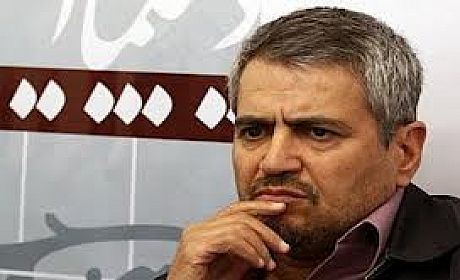Nuclear Issue Must Not Be Securitized

Iran’s nuclear issue was gradually transformed from a technical and legal issue into a political and security one. This is while this is a technical and legal issue which must be studied in its own place. The more this issue becomes political and securitized, the more damage will be done to the national interests of the country. But unfortunately this has, hitherto, been done.
Referring Iran’s nuclear dossier from the Board of Governors to the Security Council was a mistake and an illegal act by the world powers which had no proportion with the nuclear case of the Islamic Republic of Iran. The exaggeration of this issue to the extent that it became the most significant challenge of the country was, in fact, imposed on Iran. Benjamin Netanyahu, the Prime Minister of the Zionist regime, talked about this issue in his annual speech at the UN General Assembly to introduce Iran as the most dangerous threat to the world and the region and at the same time find a cover for the Zionist occupation. His funny drawing in the General Assembly was an attempt to securitize Iran’s dossier and present it as a huge threat.
This trend shows that the Zionists and the US radicals attempt to create a crisis out of Iran’s nuclear issue and transform it into a serious global threat so that they could introduce Iran as a serious and imminent threat, and thus, the grounds would be prepared for the imposition of more sanctions against Iran. Everybody knows that their final strategy is to threaten Iran with the use of force to control their influence or to change the policy or, sometimes, to carry out regime change in Iran. We must take note of the fact that the Iranian nuclear issue is neither a security threat to the world nor a political and strategic issue. Iran’s nuclear activities have technical and legal dimensions and are related to this country’s program to produce energy and electricity.
We must pursue our peaceful nuclear activities on the path of the development and security of the country. Fortunately the Geneva Agreement helped to reduce the political and security sensitivities of this issue and rely on its technical and legal dimensions. I hope that, following this agreement, we will be able to transform the atmosphere of threats into an atmosphere of cooperation in the region and beyond. Iran’s foreign policy has numerous capacities to safeguard the interests and security of the country. We must not allow our policies to be a victim and hostage of global propaganda.
The recent negotiations have helped us to open political communications and expand foreign relations. We are now in the beginning of this path. We must use this opportunity to the maximum to, on one hand, explain the real nature of our nuclear program and, on the other, expand our foreign relations in political, economic, and cultural dimensions. Iran enjoys a special and very important status in the region. Today the region is confronted with many challenges; radicalism is growing around Iran every day. We must give priority to the fight against violence and radicalism in our foreign policy and ask the world to cooperate with us in this regard.
Iran is a country which can create security and stability in the region and its constructive role in the significant regional developments cannot be ignored. I hope that this atmosphere will help Iran to use its real capacities for the creation of development, peace, and security in the region.

